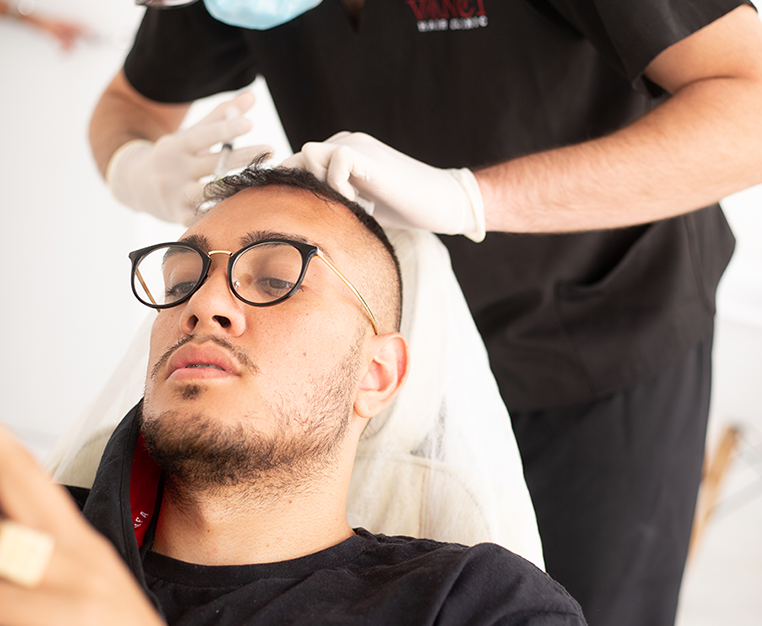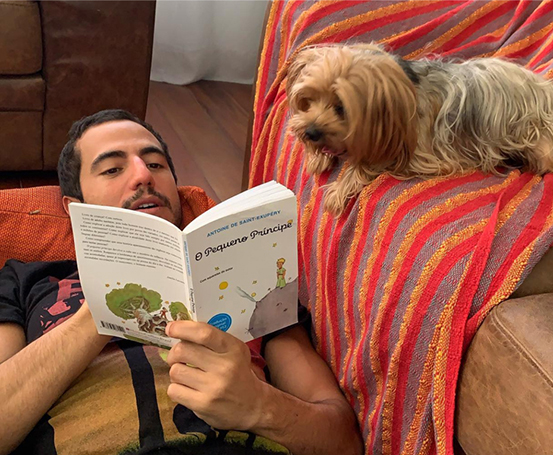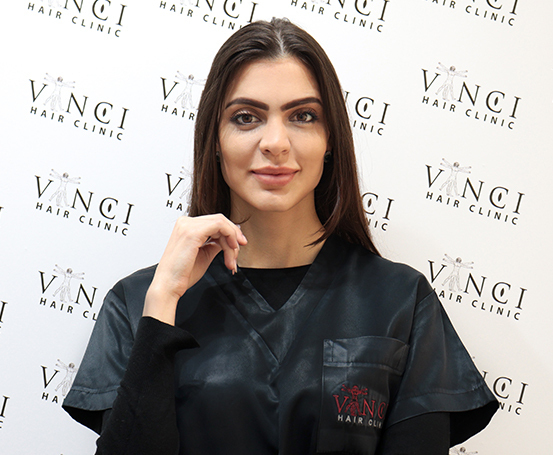You cannot achieve naturally fabulous and well-nourished hair simply by using hair care products alone. A good night’s sleep is also required, not just for your overall well-being, but for the health of your hair in particular. Sleeping for the recommended duration isn’t as easy as it sounds. Too often, we all go to bed worrying about school, work or even family responsibilities. These worries interfere with your sleep patterns, harming your body in multiple ways, including your hair. Read on to learn more about the impact lack of sleep can have on your hair. You will also learn about the other effects of sleep deprivation.
What Are the Negative Effects Of Lack Of Sleep?
Whenever you sleep, you give your body the time to reset and release hormones. Your body also uses the time to boost your immune system, rest your muscles and relieve built-up stress. One of the less well-known benefits of sleep includes protein synthesis for your hair.
Sleep Deprivation Can Cause Hair Loss
Hair thinning or total hair loss are two potential consequences of sleep deprivation. Two key factors are at play here.
The first is the production and release of melatonin in your body when you sleep. Melatonin is a hormone that is commonly associated with the sleep-wake cycle. A deficit of melatonin in your body can be caused by jet lag, insomnia and several other sleep-related disorders. Lack of sleep, in other words. This same hormone also happens to play a part in improving and quickening the growth of hair. If the melatonin levels in your body are depleted, therefore, you may experience hair loss.
The second factor at play is stress. When your brain doesn’t get enough time to switch off and reset, you will find yourself feeling anxious, moody and stressed. These feelings will cause you to shed hair. While meditation and healthy habits can help lower stress levels, ultimately your body still needs sufficient sleep to operate at its best.
Oil Production Increases With Lack Of Sleep
It is a well-known fact that hair needs oils, especially the naturally produced ones, to stay healthy, nourished and luscious. However, too much oil can also be detrimental. And if there is one thing above all others that causes excess oil to move from the scalp to your hair, it is sleep deprivation.
Stress is once more at the root of this, as it causes the upregulation of enzymes or cortisol levels. In response, the production of oil intensifies significantly. This also means that the longer you fail to get a good night’s rest, the more your stress builds up, leading to more natural oil production.
When your scalp excretes oil at an abnormally high level, your hair will look dry and less bouncy. At the same time, a greasy scalp easily attracts dirt, leading to the build-up of bacteria, which in turn may result in other negative effects such as dandruff or smelly hair. When the pores in your scalp get clogged by the oil, it becomes difficult for your hair follicles to grow normally. This can lead to rapid hair loss.
Inadequate Sleep Causes Lethargy
When your brain doesn’t get to rest, it will not be able to perform its functions with the same efficiency. You will experience fatigue when you are sleep deprived, making you easily irritated and lethargic. This could have a knock-on effect on the condition of your hair.
If feeling lethargic means you can’t be bothered to keep up your hair care routine, or even simply wash, shampoo and apply conditioner, that’s not going to be a good outcome for your hair. If you don’t wash it, the oil will continue to accumulate on your scalp, leading to clogged pores. Your scalp will also become a breeding ground for bacteria. Without proper care, you will gradually lose the moisture in your hair, making the strands vulnerable to damage and split ends.
Conclusion
It’s surely no surprise to learn how vital sleep is. Sleep restores the functioning of your internal systems, repairs the brain and reenergizes your body. It also plays a role in protecting you from diseases and making you alert and sensible in your day-to-day activities. Sleep, as well as the lack of it, affects almost every part of the human body and that includes your hair.
If you have concerns about any aspect of your hair, why not talk to an expert at Vinci Hair Clinic? We offer all our clients a free, no-obligation consultation either online or in person, whichever suits you better. Don’t waste time and sleep worrying – contact us today!



